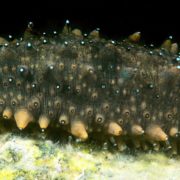
What Humans Can Learn From the Sea Cucumber’s Toxic Arsenal
Sea cucumbers are squishy and soft. They also employ lethal strategies to protect themselves. ..

Sea cucumbers are squishy and soft. They also employ lethal strategies to protect themselves. ..
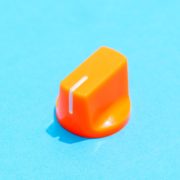
Instead of deleting genes, epigenetic editing modulates their activity. A new paper tests if it’s able to undo a genetic effect of early alcohol exposure. ..
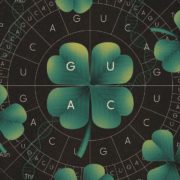
In theory, the building blocks of life are possible with a more expansive code than three-letter codons. New work shows that would be a challenge. ..
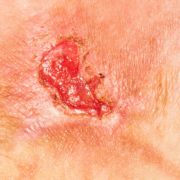
Researchers have created autonomous particles covered with patches of protein “motors.” They hope these bots will tote lifesaving drugs through bodily ..

A startup just showed that its OncoK9 test accurately sounds the alarm for aggressive and advanced cancers. The catch? These often have no cure. ..
Growing organoids in dishes and xenografts in mice lets scientists re-create a living person’s tumor—and test dozens of drugs against them at the same ..
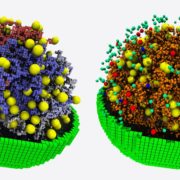
A 3D digital model of a “minimal cell” leads scientists closer to understanding the barest requirements for life. ..
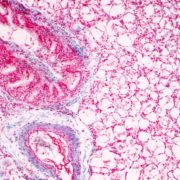
An experiment to change the blood type of donated organs could be a first step to shortening transplant wait times. ..

Cell grafts can help people fighting leukemia—but they risk a dangerous immune reaction. An experimental way to filter donors’ cells might offer ..
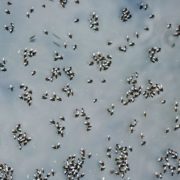
Many insects, like the mosquitoes that spread malaria, have evolved a tolerance to chemical sprays. What if we could reboot their genes? ..